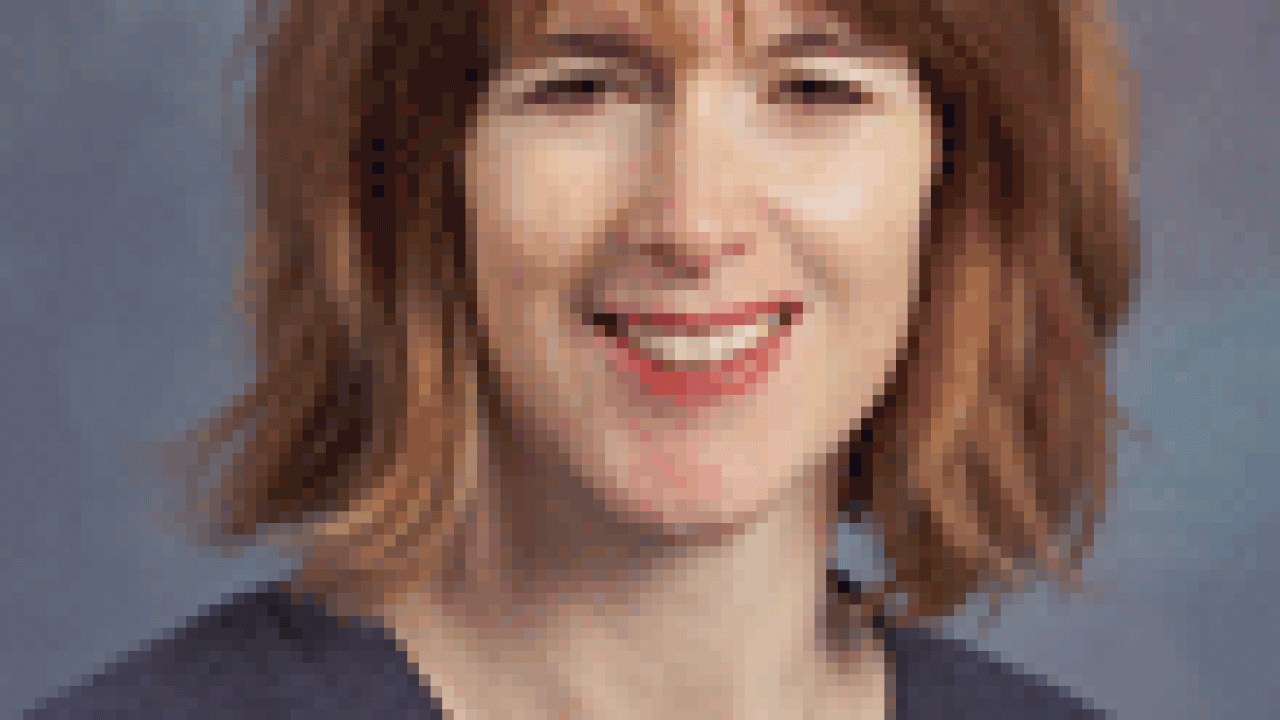Just when most humanities faculty seem to have mastered the PowerPoint lecture, it is time to learn about new technologies, the kind that are changing the world of research and publishing.
Exploring this academic frontier was the genesis for the Feb. 1 Davis Humanities Institute conference on campus. Titled "Beyond the Book: Humanities Scholarship in the Digital Age," the discussion spotlighted technology and academic approaches for the more than 70 faculty, staff and students who attended. The "digital humanities," popularly understood, is based on using "tech" routes to publishing and research nirvana.
"Digital humanities might seem 'alternative' right now," said Carolyn de la Peña, director of the Davis Humanities Institute and director of American Studies, "but in five or 10 years, electronic publication of some sort will be mainstream for humanities scholars. So it is important for emerging scholars — and the institutions that train them — to get ahead of this curve."
'Blogging humanities'
Keynote speaker David Theo Goldberg, director of the UC Humanities Research Institute at UC Irvine, described a diverse and rapidly expanding world of digital humanities research and writing. One key trend, he noted, was "computing humanities," which are projects focusing on large digitized archival projects such as UC Berkeley's Mark Twain Papers and Project. Another development is the popularity of the "blogging humanities" and the social networking capabilities of Web 2.0 Wikipedia and Web sites like FaceBook, he added, all of which broaden communication and information-gathering options like never before.
Finally, Goldberg said, "multi-modal humanities" offers another way of looking at academic topics. In this approach, researchers can use a combination of archival databases, interactive structures, networking software, text, images and sound to present their research and engage audiences in new and unexpected ways.
Meanwhile, economic pressures are changing humanities publishing and producing more opportunities in this type of scholarship, according to digital publishing specialists Catherine Candee, director of publishing and strategic initiatives for the UC Office of the President, and Laura Cerruti, digital reference editor for the University of California Press.
Candee and Cerutti noted that e-book formats and open source arrangements are becoming more common for academic presses and journals, increasing the need for digital content and expertise among humanities scholars.
As de la Pena noted, these developments are especially relevant for junior faculty and graduate students in the humanities who are just beginning to establish their publishing records.
Faculty themselves are working more closely than ever with Web designers and programmers. One UC Davis example is Caren Kaplan, a professor in Women and Gender Studies and director of the Cultural Studies Graduate Group. She recently collaborated with Erik Loyer, a creative director for a top electronic journal, in creating a dynamic cartoon grid that allows users to navigate through multiple graphic storylines.
With all these broad-ranging issues, the conference drew humanities faculty, students, librarians, archivists, Web designers, programmers and tech specialists. University administrators included Barry Klein, vice chancellor of research; Pete Siegel, vice provost of Information and Educational Technology; and Jessie Ann Owens, dean of the Division of Humanities, Arts and Cultural Studies.
Publishing initiatives
Graduate students peppered the presenters with questions, seemingly eager to apply digital technology to their own research. Even undergraduate students were inspired by the possibilities presented at the conference. Octavio Melchor, a junior in American Studies, said that he hoped to adopt new media for his senior thesis project next year.
De la Peña, too, hopes to build it. "It is the first step towards securing the resources necessary to produce digital scholarship in the humanities at UC Davis."
She added, "Over the next few years, we will work toward several concrete goals, including creating a designated center for digital innovation in the humanities, establishing designated fellowships for graduate students and faculty to develop digital projects, and working with UC Press to connect humanities faculty with new digital publishing initiatives."
To learn more about the conference or to view a podcast of the keynote sessions, visit dhi.ucdavis.edu.
Jennifer Langdon, associate director of the Davis Humanities Institute, contributed to this story.
Media Resources
Clifton B. Parker, Dateline, (530) 752-1932, cparker@ucdavis.edu
